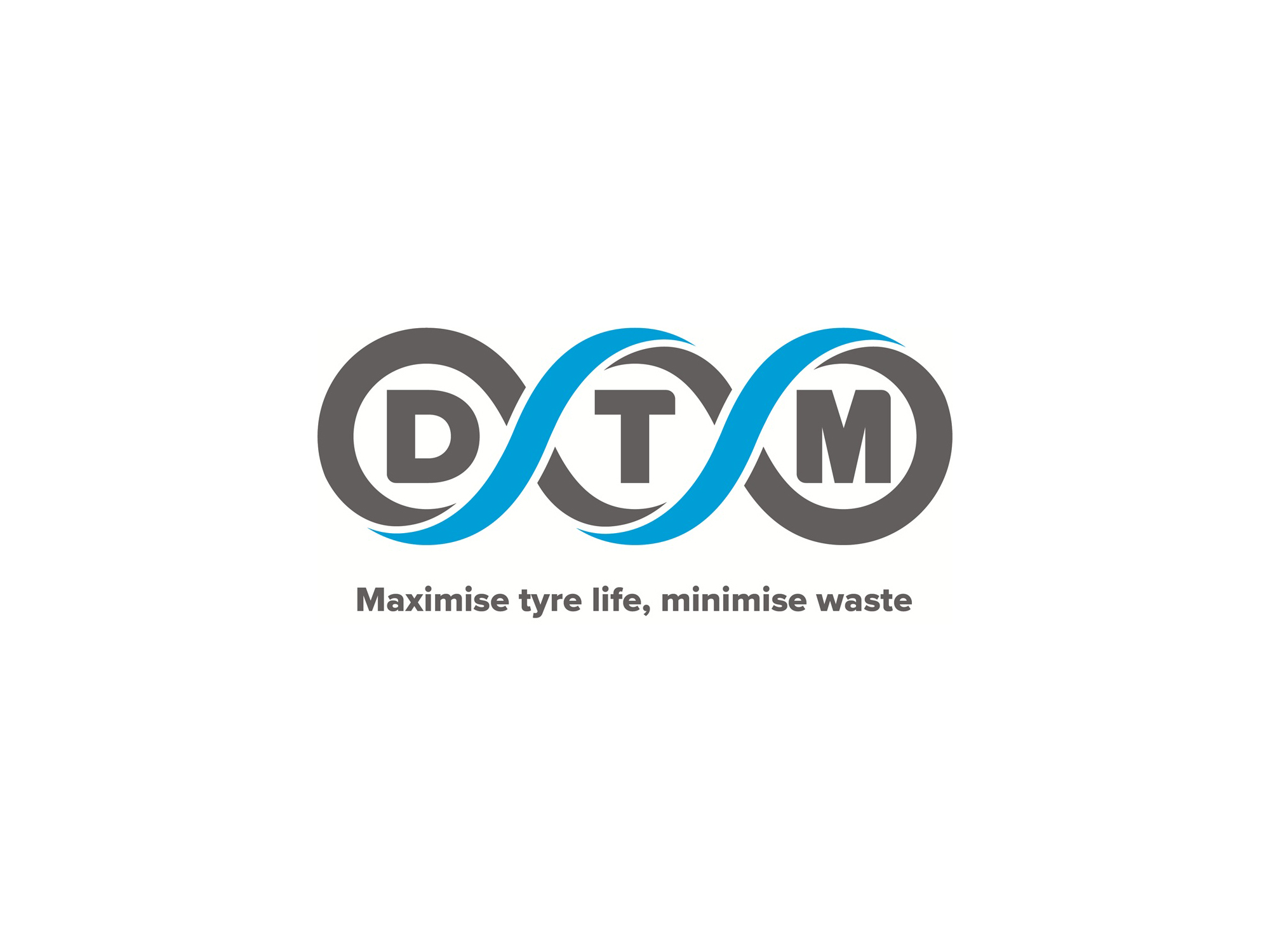
Preventative tyre management is central to your offer at DTM. What are the key challenges to maximising both safety and efficiency?
The biggest challenge is ensuring consistent execution across varied fleets and operational environments. Preventative tyre management isn’t just about reacting to wear, it requires a proactive, integrated approach that includes timely inspections, data analysis, and intervention before issues escalate. Ensuring compliance while minimising vehicle downtime is a balancing act, particularly at scale. At DTM, we focus on embedding tyre management into our clients’ core operational strategies, so it becomes second nature rather than an afterthought.
The journey to net zero is critical for the industry. How has the sector embraced the environmental challenge, and what barriers remain?
We’re definitely seeing momentum build, but I wouldn’t say the sector is fully there yet. The intent is clear, but the path is complex, especially for operators juggling tight margins and day-to-day pressures. The main barriers are practical: upfront investment, lack of clear return on sustainability initiatives, and sometimes limited access to viable green alternatives. Greater collaboration between government, manufacturers, and service providers is needed to accelerate progress and make sustainability more accessible at the operational level.
Is a goal of 100% tyre reuse or recycling realistic, and how might that be achieved? Is legislation needed, or can the industry lead itself?
It’s an ambitious goal, but it is achievable, especially with the right systems in place. Most tyres can be retreaded, repurposed, or recycled, but achieving 100% requires a cohesive end-of-life strategy and responsible partnerships throughout the supply chain. While stronger legislation can help set the standard, we believe the industry has both the capability and the responsibility to lead this transformation. At DTM, we’ve aligned ourselves with certified recyclers and are committed to sustainable casing management.
Balancing compliance with cost control can be difficult. How do you manage this at DTM without compromising either?
In our view, compliance and cost-efficiency are not mutually exclusive. In fact, non-compliance is often far more costly over time. We take a preventative, data-led approach, tracking wear, performance, and risk factors to help fleets stay compliant while avoiding unnecessary spend. By focusing on long-term value over short-term fixes, we help clients avoid penalties, breakdowns, and downtime, ultimately saving more than they spend.
Driver behaviour is a major factor in tread wear. How effective is training, and are fleet managers on board with it?
Driver training is one of the most effective tools we have. Driving style directly impacts tyre longevity – harsh braking, poor pressure maintenance, and cornering all contribute to premature wear. We’ve seen clients extend tread life by up to 20% through targeted behavioural training. While uptake varies, the tide is turning. More fleet managers now recognise that well-trained drivers don’t just preserve tyres, they enhance safety, improve fuel efficiency, and reduce operational risk.
Beyond the usual concerns, what other issues should the CV sector focus on in tyre management, and how can technology help?
The sector needs to prioritise predictive maintenance and real-time monitoring. With the rise of connected vehicles, tyre management must evolve too. AI and telematics can now predict failure points, optimise replacement intervals, and identify operational inefficiencies before they become costly problems. DTM is investing heavily in this space because we believe data-driven decision-making will soon be the norm across the industry.
What are DTM’s standout achievements, and what are your ambitions for the next 5–10 years?
Over the last few years, DTM has grown significantly. We’ve established long-term partnerships with major fleets, launched a fully digitised tyre management platform, and expanded our network coverage across the UK. Crucially, we recycled over 95% of our collected casings last year, underscoring our commitment to sustainability.
Looking ahead, our goal is clear: to be the UK’s most trusted and forward-thinking tyre management partner. In the next five to ten years, we want to lead the industry in predictive maintenance, sustainability, and service excellence, delivering value not just to our customers, but to the wider economy and environment as well.

Jason Chamberlain
Chief Revenue Officer at directtyre.com


